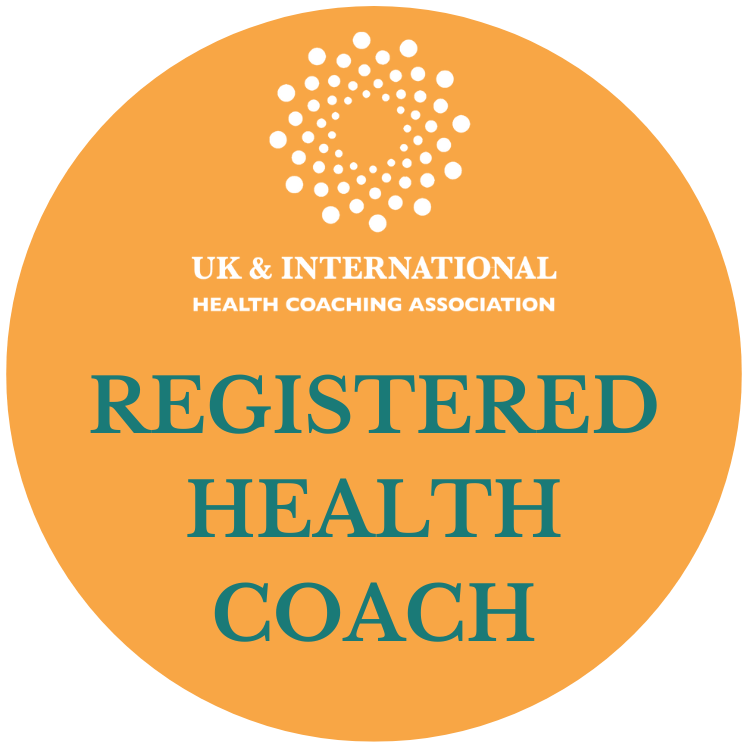What is ‘burnout’?
Burnout is a state of emotional, physical, and mental exhaustion caused by prolonged stress.
The World Health Organisation (WHO) defines it as:
“A syndrome conceptualized as resulting from chronic workplace stress that has not been successfully managed.”
WHO classifies burnout as an occupational phenomenon (not a medical condition), and identifies three key dimensions:
- Emotional exhaustion – feeling drained, depleted, and lacking energy.
- Depersonalisation or cynicism – developing a distant, negative, or cynical attitude toward one’s job, colleagues, or clients.
- Reduced professional efficacy – feeling a lack of accomplishment or reduced productivity and effectiveness at work.
Common signs of burnout:
- Constant fatigue, even after rest
- Loss of motivation or job satisfaction
- Increased irritability or mood swings
- Difficulty concentrating or making decisions
- Sleep disturbances
- Physical symptoms like headaches, gastrointestinal issues, or muscle tension
- Withdrawing socially from colleagues or clients
What can a Health Coach do to support burnout?
A Health Coach can provide personalised support to help clients identify the causes of burnout, develop coping mechanisms, and create sustainable strategies for wellbeing.
The key aspects are:
Assessment:
The Health Coach would evaluate the client’s current situation, including health history and status, stress levels and sources, physical health, mental health, and work environment, to understand the root causes of burnout.
Goal Setting:
The Health Coach work with clients to establish a personalised plan with realistic and achievable goals for recovery and personal growth, which may include the following health and wellbeing aspects: physical health, diet, physical activity/exercise, stress management, sleep and mental health.
Stress Management Techniques:
The Health Coach can advise on techniques like mindfulness, relaxation exercises, time management, and effective communication to manage stress effectively.
Lifestyle Changes:
The Health Coach guides clients in making positive changes to their nutrition, exercise, sleep patterns, and other lifestyle factors that can impact recovery.
Emotional Support:
The Health Coach provides a safe space for clients to express their emotions and feelings without judgment, offering support and encouragement.
Building Resilience:
The Health Coach helps clients develop resilience to cope with future challenges and prevent future burnout.
Where can I find a qualified Health Coach?
The UK and International Health Coaching Association (UKIHCA) regulates the industry via their register of qualified Health Coaches.
A local health coach can be found from this page of the UKIHCA website.
The homepage of this site has more information about the UKIHCA and their mission to put Health Coaching front and centre in a new preventative approach to our health and wellbeing, alleviate the national health crisis:







